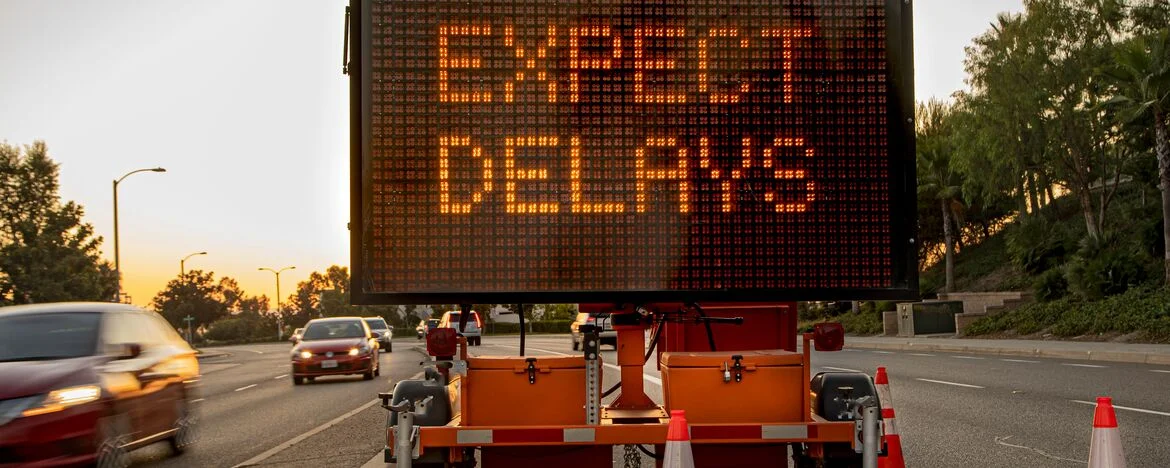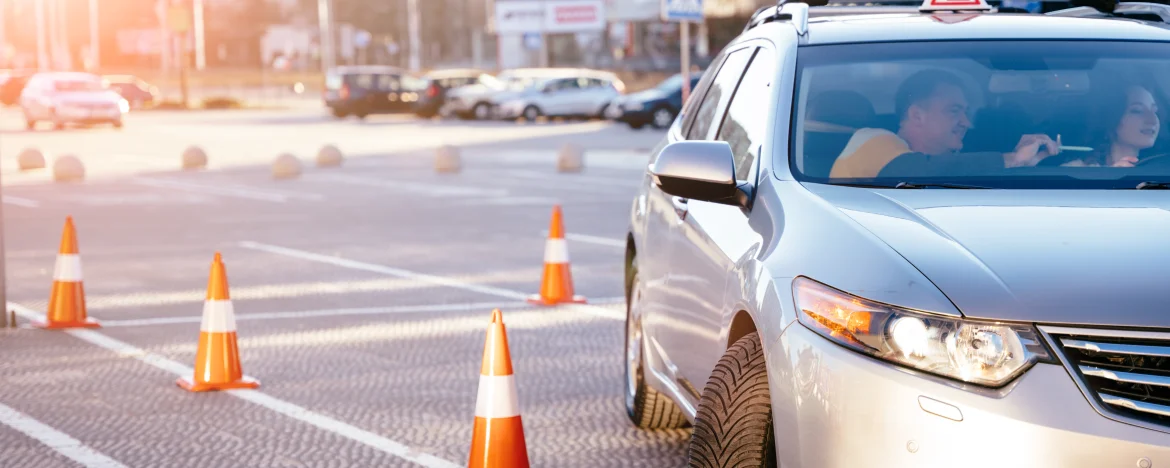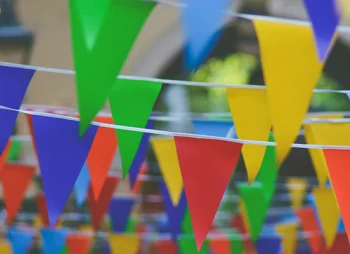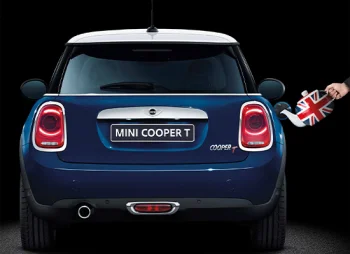Black market bandits on the rise
If you’re any kind of music fan you’re probably aware of the madness around ticket release dates. Think Taylor Swift, Glastonbury and Beyonce, and the fans who set alarms so they can wake up at ungodly hours to try and beat the rush on Ticketmaster.
Prices keep going up and tickets are in high, high demand.
It’s possible this mania is the exact inspiration for a league of black market ‘brokers’ that has sprung up in the wake of the driving test backlog.
Not only have these unscrupulous businesses recognised a demand, but they’ve actively worked to exacerbate it by snapping up any and all available driving test slots they can.
For what end? Nothing but profit, it seems.
When test slots are available, pupils can purchase one for £62 through the DVSA booking system. But what if there are no slots available at all?
How much would you be prepared to pay for a chance to take your test, if there was nothing available to book for over six months and the situation showed no signs of changing?
As early as 2022, it was reported that learners were paying upwards of £200 to some of these firms that have been booking up driving test slots in bulk. And this is continuing to happen over a year later, with the prices steadily rising.
Those forced to use a so-called ‘broker’ to secure a single driving test slot are, in 2023, forking out around £500 on average for the privilege. And if they need to take more than one test, the cost is quickly going to stack up to eye-watering levels.
How, then, are they getting away with it?
As so many unscrupulous businesses and individuals do these days, these brokers are using ‘bots’ to snap up as many available slots as possible, shutting out the drivers who need them.
In other words, they’ve taken control of the supply to control the demand and set the going price at extortionate levels.






